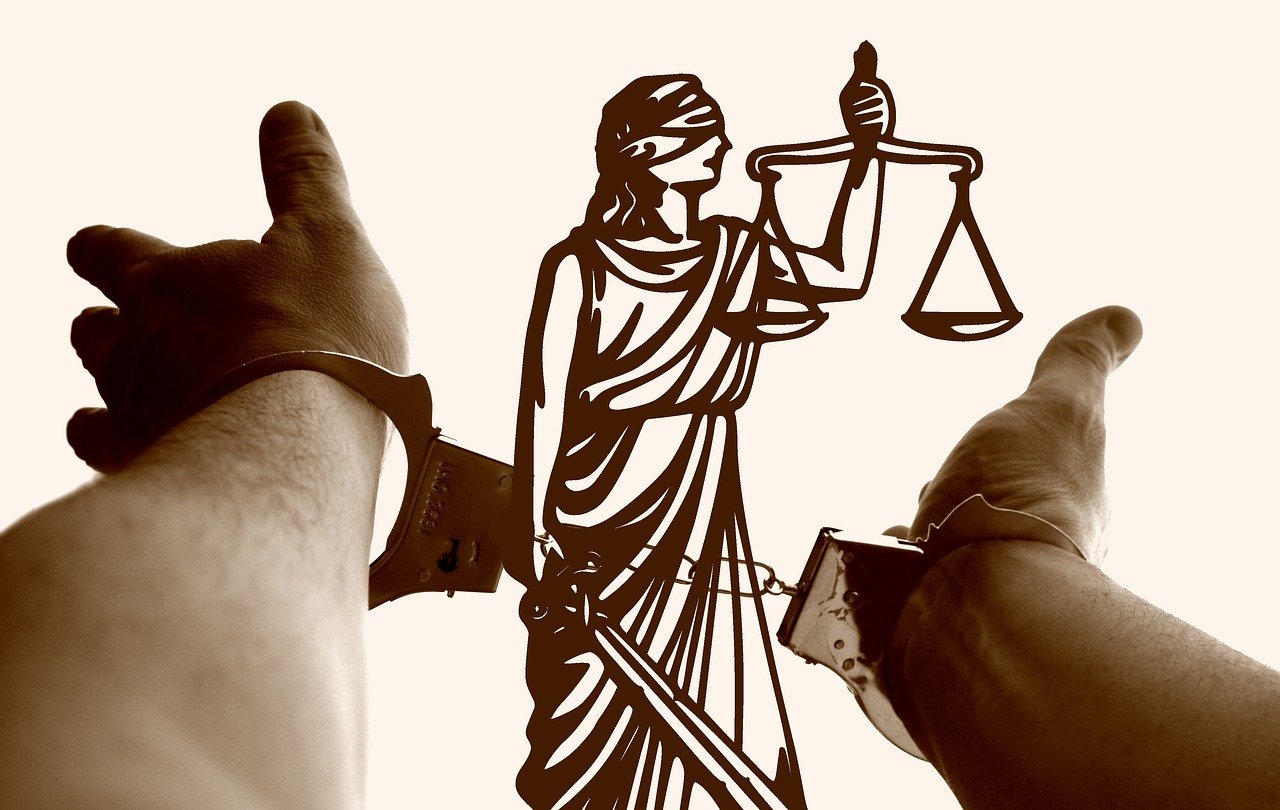The Commonwealth of Pennsylvania maintains the levels of criminal offenses, including summary offenses, misdemeanor, felony, and murder, which are further divided into degrees of severity. 204 Pa. C.S.A. §303.15 lists all known offenses along with their class, gravity score, and prior record score points. Gravity score refers to the system judges use to determine sentencing based on the crime’s severity. Prior record points refer to the number of points added based on the individual’s previous criminal offenses.
Summary Offenses
A summary offense is a minor, non-traffic offense that can be handled in a local court and does not involve a jury trial, such as disorderly conduct, loitering, and jaywalking. Summary offenses in Pennsylvania carry fines of up to $300 and up to 90 days in jail.
Misdemeanor Offenses
The least serious of the three major types of offenses, misdemeanors are lesser crimes resulting in jail or prison time. Still, they typically carry lighter sentences than the other classes of criminal offenses. Misdemeanors may also incur fines, community service, and probation. 18 Pa. C.S.A. §106 outlines the sentencing guidelines for misdemeanors and other types of offenses.
First Degree
Misdemeanors of the first degree are the most serious type of misdemeanor. Although considered not as severe as a felony, they carry a sentence of up to five years in prison. Examples of first-degree misdemeanors include:
● Involuntary manslaughter
● Terroristic threats
● Possession of a weapon on school property
● Stalking
● Possession of a firearm by a minor
Those convicted of a first-degree misdemeanor may face fines of up to $10,000.
Second Degree
Second-degree misdemeanors are more serious than a third-degree misdemeanor but less serious than a first-degree misdemeanor. They include charges such as:
● Simple assault that causes bodily injury
● Reckless endangerment
● Indecent exposure
● Criminal mischief
● Interfering with child custody
If convicted, a person who commits a second-degree misdemeanor can spend up to two years in prison and be fined a maximum of $5,000.
Third Degree
Misdemeanors of the third degree are the least of all criminal offenses that can be prosecuted by the state. Examples include:
● Harassment
● Hazing
● Criminal trespassing
● Desecration of the flag
These types of offenses can result in up to 1 year in jail and a fine up to $2,500.
Felony Offenses
The next level of criminal offenses, felonies, are more severe than misdemeanors. They often carry a greater amount of prison time and larger fines.
First Degree
Like misdemeanors, a first-degree felony is the most serious type of felony offense, and convictions can lead to prison sentencing of no less than ten years. Some first-degree felonies in Pennsylvania are:
● Murder of the third degree
● Voluntary manslaughter
● Aggravated assault with serious bodily injury
● Kidnapping
● Burglary
These offenses may also carry fines of up to $25,000.
Second Degree
Felonies of the second degree involve crimes that are less serious than a first-degree felony, often because they involve recklessness but lack either the intent or severity of consequences associated with first degree felonies. Examples of second-degree felonies include:
● Second-degree manslaughter of a law enforcement officer
● Unlawful restraint
● False imprisonment
● Sexual assault
Second-degree felony convictions carry the possibility of up to 10 years in prison and $25,000 in fines.
Third Degree
Third-degree felonies are more serious than misdemeanors but the least serious of all felony offenses. They include crimes that warrant up to seven years in prison, such as:
● Discharge of a firearm into an occupied structure
● Unauthorized administration of an intoxicant
● Concealment of a child
● Institutional sexual assault
● Failing to register as a sex offender
Along with prison time, those convicted of third-degree felonies may have to pay fines of up to $15,000.
Murder Offenses
Of all of the levels of criminal offenses, those involving taking the life of another person subject a person convicted of murder to the harshest sentences under the law. First degree, or intentional, murder carries a life sentence in prison or death, although Pennsylvania has a moratorium on the death penalty. Individuals can be charged with second-degree murder and spend life in prison if they acted as an accomplice to murder or caused another person’s death during the course of a felony.
Pennsylvania treats third-degree murder charges differently than first- and second-degree murder. The state prosecutes them as first-degree felonies, as the person who committed the act did not premeditate it and was not in the process of committing a felony when it happened. Sentences for third-degree murder charges can include a maximum of 40 years in prison.
Contact a Lawyer for Help with Your Criminal Case
If you have been charged with a crime in Montgomery County, you may be dealing with the threat of incarceration, fines, probation, or other punishments, but McKenzie Law Firm, P.C. can help you fight for a better result.
Contact our legal team today at (610) 991-7219 for a free case evaluation.



